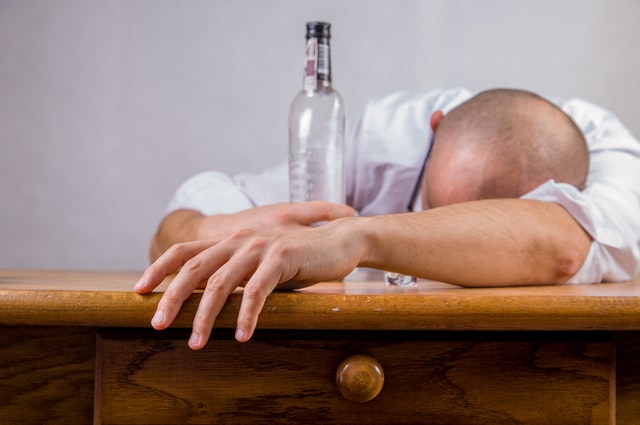The Dangers of Drunk Driving & Prevention Tips
So many people make the mistake of thinking, “What’s the harm?” or “I feel sober enough” when making the decision to drive while under the influence of alcohol or a drug. Even if you make it home safely and no one gets hurt, you are still making the wrong decision when you decide to drink and drive. You may have gotten lucky this time but may not be so lucky the next time and chances are, if you took the risk this time, there will likely be “next time”. When you make the decision to get into your vehicle after you’ve had a few drinks, you are not only putting your life at risk but also the lives of many others.
If you get caught drinking and driving, your best option is to find an affordable criminal defense lawyer in Toronto. A driving under the influence charge (DUI) can have serious repercussions on your life, and an experienced criminal defense lawyer can help get you the best results, and in some cases even have your charge dismissed.
Poor Decision Making
More than just lowering your inhibitions and giving you the courage to get up on stage to sing karaoke, alcohol affects your mental faculties. Alcohol can change your judgment, delay your reaction times, affect your depth perception, your ability to concentrate, your coordination and diminish your vital motor skills that are needed for you to drive safely and be aware of your surroundings.
Alcohol consumption (even just one drink for some) can significantly affect your ability to drive. Although you may think you’re driving normally, between the lines and straight, it’s more likely than not that you are not because one of your first faculties to be affected is your judgment.
If you get stopped by the police, you’ll be charged with a DUI; if you don’t get stopped by the police, there is a chance that you could get into an accident that may cost you your life or someone else’s.
The Legal Repercussions of Drink and Driving
In Canada, driving while intoxicated is taken very seriously. There is zero tolerance and all violators will be arrested and charged accordingly. When a police officer pulls you over for suspicious driving and they smell a strong odor of alcohol, or you exhibit other signs that you have consumed alcohol or a drug, you will be asked to exit your car and move to the side of the road where you will undergo field sobriety testing and/or breath testing.
If you fail to demonstrate the proper motor skills or judgment to safely operate a motor vehicle during these field tests or if you fail the breath test, you will be arrested and charged with driving while under the influence. The officer will then demand that you provide further breath tests and transported to the station. In Canada, the legal limit for BAC is 80 mg of alcohol per 100 milliliters of blood so if you’re BAC is above 80, you will be charged with “Over 80”.
A first conviction will result in a minimum mandatory fine of $1,000 and a driving prohibition of at least 1 to 3 years. A second conviction will result in a minimum mandatory sentence of 30 days in jail and a driving prohibition of at least 2 to 5 years. A third or more conviction will result in a minimum mandatory sentence of at least 120 days in jail and a driving prohibition of at least 3 years to life. If someone is hurt or killed, the penalties are even more severe.
Tips to Prevent Drinking and Driving
Drinking and driving can always be prevented. The easiest way is to plan ahead. This can include assigning a sober designated driver, using a taxi or ridesharing service, or making arrangements to stay somewhere overnight.
If you are faced with a situation where someone who is impaired is trying to drive, here are some tips on how to stop them:
- – Be as non-confrontational as possible. When people are drunk, they are not themselves and may lash out at you. Try to stay calm and explain that you don’t want them to drive because you care and you don’t want them to hurt themselves or others.
- – Again, suggest other ways of getting home, such as a taxi or Uber, a sober driver, the bus, etc.
- – Talk slowly and explain things more fully than if you were speaking to a sober person.
- – Suggest that they sleep over and go home once they’ve sobered up in the morning.
- – Get another person to help back you up. It’s harder to say “no” to more people.
- – If you can, take the person’s key – they can’t drive without those.



Comments are closed.